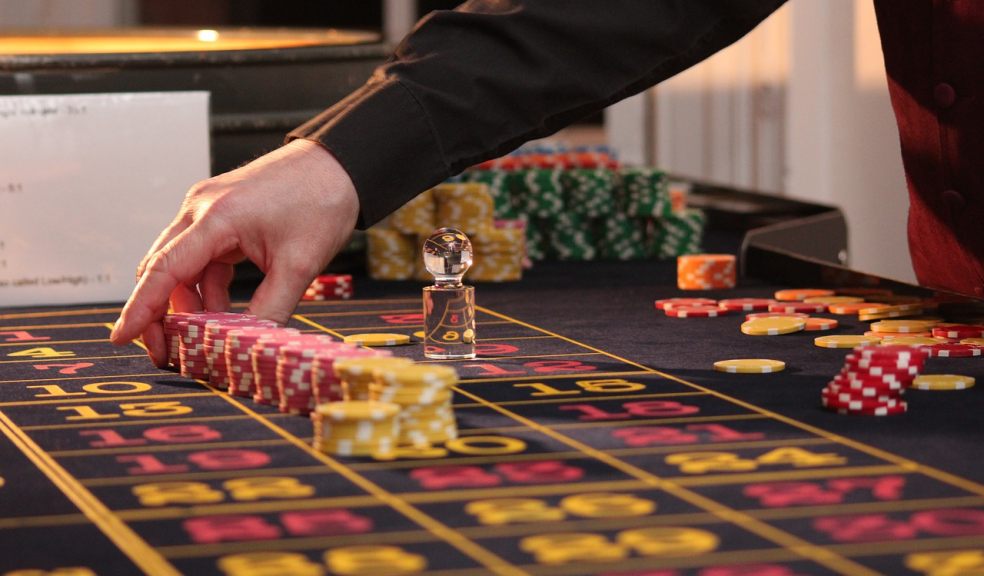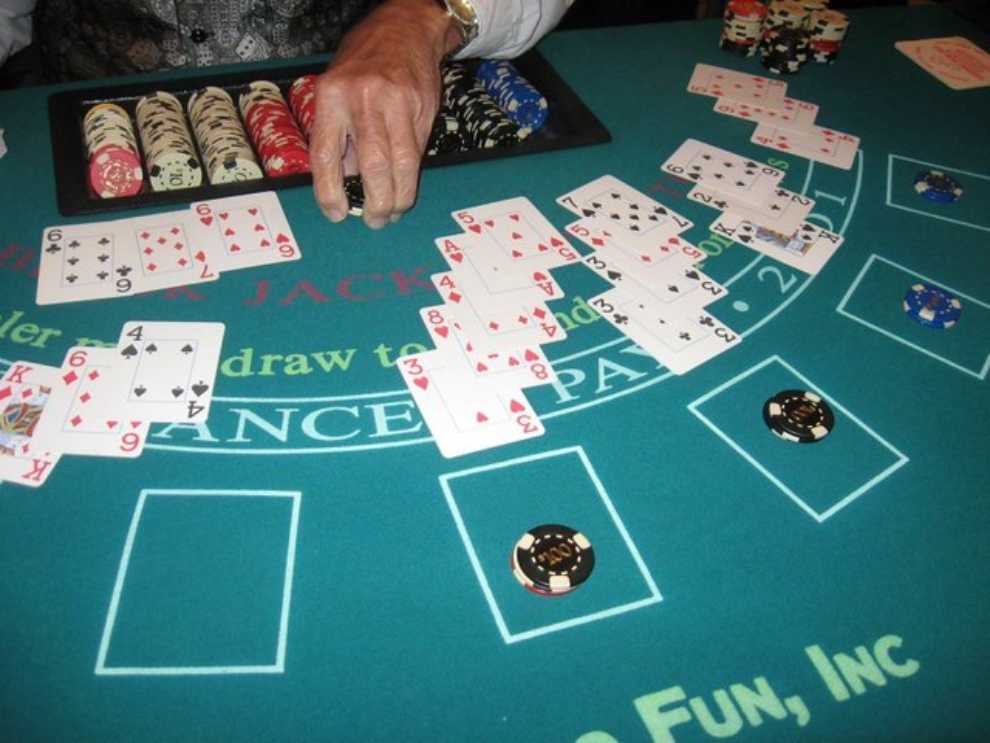
The UK's problem with gambling and how it should be regulated
Exciting plans were revealed earlier this year for Exeter's Guildhall Shopping Centre. To build on the success of the Queen Street dining quarter, owner Aviva has proposed a bowling alley and more restaurants. An additional leisure unit, where WH Smith is currently located could be turned into a concert venue, cinema, or casino. However, if it were to be a casino, would that be a good thing?
Does Exeter Need a Casino?
There are arguments for and against a casino in Exeter. The city already has cinemas and bowling alleys, and a casino in the city centre might have the benefit of bringing additional trade and more jobs.
Casinos have been opposed in other cities, particularly by organisations such as The Salvation Army which has a history of working with gambling addicts and seeing the effects of gambling on family life. However, some feel that an actual casino is easier to regulate than online casinos.
Problem Gambling in the UK

Image via Flickr by dave_stone (CC bY 2.0)
There is no doubt that in the last few years there has been a huge rise in online gambling and there is growing concern about number of problem gamblers in the UK. According to 2018 report by King's College London, more than 2 million people are classed as either problem gamblers or being at risk of addiction. Problem gambling is defined as “gambling to a degree that compromises, disrupts or damages family, personal or recreational pursuits.”
Gambling laws in the UK were overhauled with the Gambling Act 2005 and, for the first time, it addressed online gambling. But many felt that it did not go far enough in protecting those most at risk. There have been calls for gambling brands to be banned from sponsoring the shirts of sports teams to avoid encouraging young people to gamble.
Gamblers in the UK have a huge choice of online gambling sites compared to those in the USA where regulations tend to be far stricter. In many states, online gambling Is illegal and in others such as New Jersey and Delaware, the state has their own online casinos. Gamblers are advised to use those legal site as they come under the protection of state regulated casinos.
In May 2019, a report published in the British Medical Journal suggested that a new gambling act should be implemented that placed the onus on the gambling industry to reduce problem gambling rather than individuals. The report also called for a mandatory tax to be imposed on the industry to fund improved treatment for and prevention of problem gambling.
Another measure to reduce problem gambling is a complete ban on the use of credit cards for gambling. This proposal is gaining a great deal of support. The Culture Secretary, Jeremy Wright, cited the case of a gambler who used nine credit cards to gamble and built up a debt of £100,000 ($110,000) in just two days.
Whether or not Exeter gets its new casino at the Guildhall development, it is clear that the issue of problem gambling, both in casinos and online gaming sites, needs to be addressed.















